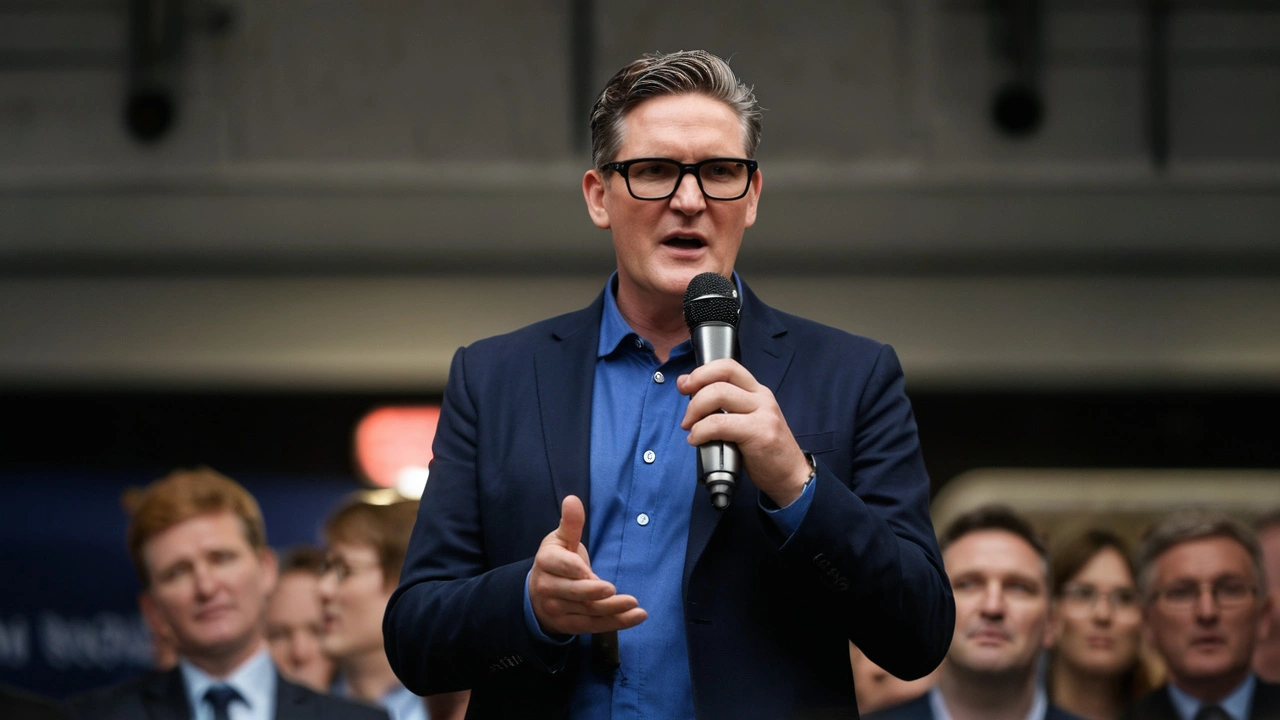UK Protest Coverage: What’s Happening and Why It Matters
Protests in the UK grab headlines for a reason—they show how people are reacting to social, political, or economic issues live on the ground. Understanding what's behind these demonstrations helps us see the bigger picture of the country’s current mood. Whether it’s workers striking for better pay or groups demanding government action on climate or social justice, protests reveal what really matters to people.
When a protest kicks off, it’s not just about the event itself, but its ripple effects on daily life, policy decisions, and community opinions. Streets might get blocked, transport delayed, or businesses affected, but these actions often push important conversations forward. Watching these events closely helps you connect the dots between what’s happening and how it may change future policies and social attitudes.
Why Are People Protesting?
People protest because they want their voices heard where it counts. Sometimes, these are organized by unions or activist groups fighting for rights or better conditions. Other times, spontaneous protests emerge when something sparks widespread anger or concern. In the UK, recent protests have touched on issues like government policies, social inequality, and public services.
Knowing the background is key—what policy or event triggered the protest? Who is leading it? What are the goals? This helps you understand that a protest isn’t just noise but a message people want authorities and society to receive. Also, protests often bring media attention, which can accelerate changes or cause governments to rethink decisions.
How Do UK Protests Impact You?
Even if you’re not directly involved, protests can affect your daily routine or views on hot topics. They might cause traffic detours or delay public transport. More importantly, protests can influence legislation and public debate. For example, a large turnout in a protest over healthcare might pressure officials to increase funding or change policies.
Keeping an eye on protest news helps you stay informed about shifts in public opinion or government actions. It’s a window into how citizens participate in democracy beyond voting—active, sometimes loud, but always vital. So next time you hear about a UK protest, you’ll get why it’s more than just a crowd—it’s a powerful signal from the people.
UK PM Keir Starmer Vows Justice Against Anti-Immigration Protesters amid Unrest
UK Prime Minister Keir Starmer has condemned recent anti-immigration protests as 'organized violent thuggery' and promises swift justice for those involved. Sparked by misinformation surrounding a fatal stabbing, the protests have seen significant violence, particularly in Rotherham where police faced violent rioters. Extra measures, including specialist police forces and an emergency security meeting, have been initiated to address the escalating issue.

